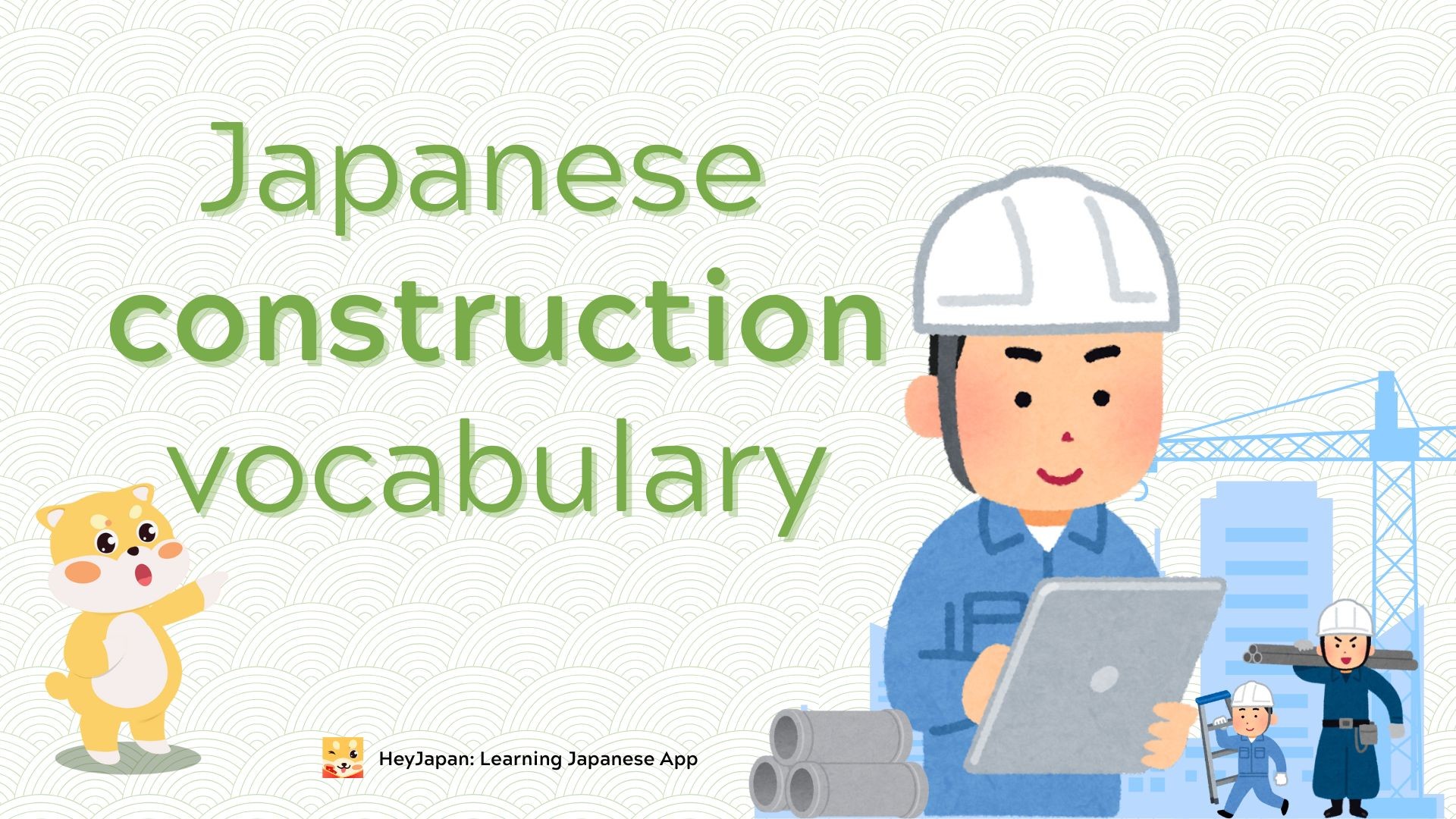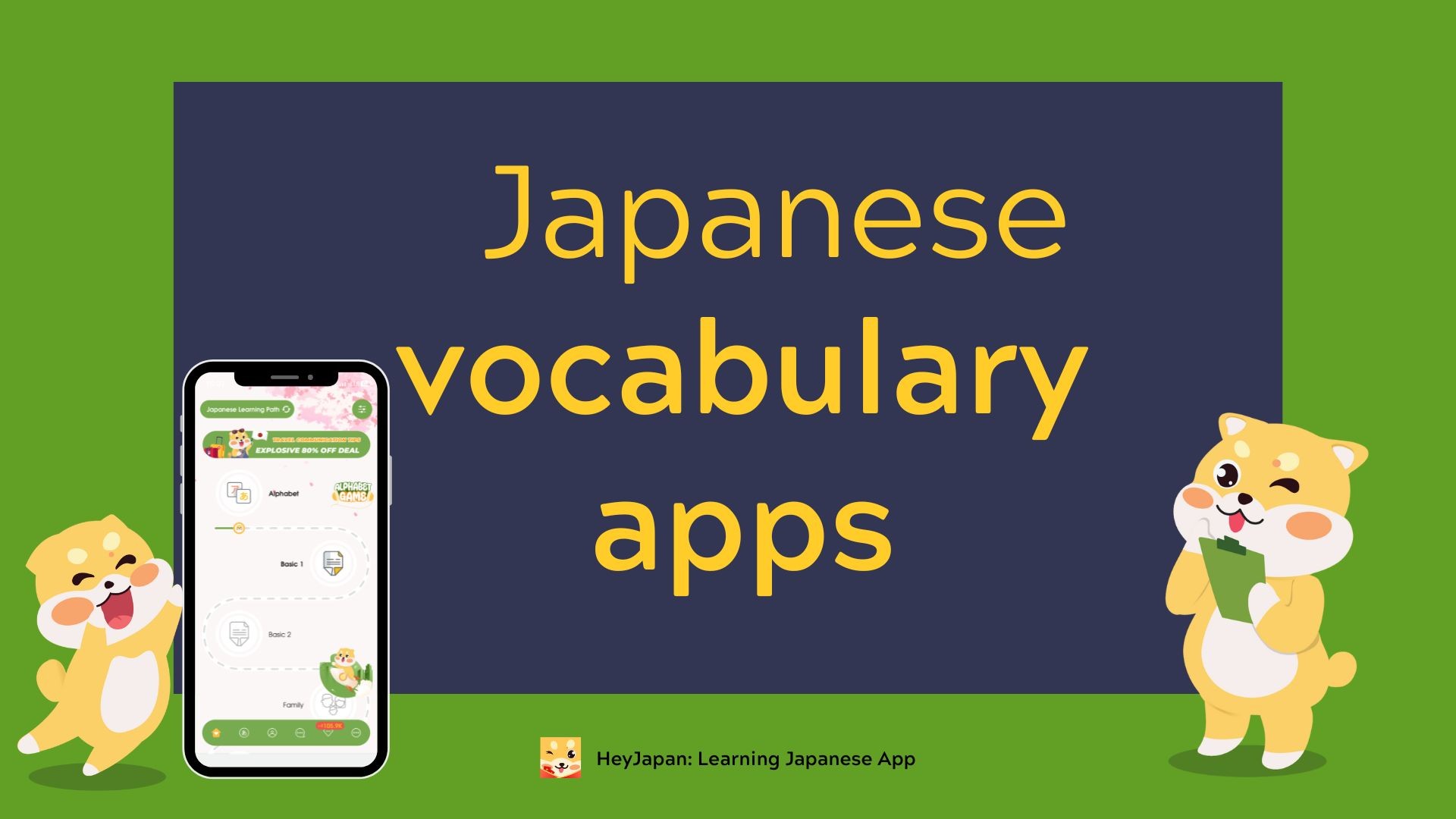- I. Understanding the Japanese Approach to "How Are You?"
- II. Formal Ways to Say "How Are You?"
- 1. お元気ですか? (Ogenki desu ka?)
- 2. お変わりありませんか? (Okawari arimasen ka?)
- 3. 最近どうですか? (Saikin dou desu ka?)
- III. Informal Ways to Say "How Are You?"
- 1. 元気? (Genki?)
- 2. 最近どう? (Saikin dou?)
- 3. 調子はどう? (Choushi wa dou?)
- IV. How to Respond to "How Are You?"
- V. Pronunciation and Intonation Tips
- Example Video:
- VI. Cultural Insights and Etiquette
- Example:
- VII. Expand Your Knowledge
- Suggested Resources:
- Interactive Exercise:
When learning Japanese, one of the first questions that often comes to mind is how to say "How are you?". While this phrase is commonly used in English-speaking cultures, its use in Japan is more nuanced and deeply tied to social context. This guide not only introduces the most common phrases but also provides cultural insights, pronunciation tips, and examples of how to use them naturally in conversation.
I. Understanding the Japanese Approach to "How Are You?"
In Japanese culture, direct inquiries about personal well-being are less common than in Western cultures. Instead, greetings often reflect the time of day, the situation, or an ongoing relationship. The closest equivalents to "How are you?" are used in specific contexts and vary depending on the level of formality and relationship.
II. Formal Ways to Say "How Are You?"
1. お元気ですか? (Ogenki desu ka?)
-
Meaning: Are you well?
-
When to Use: Suitable for formal or polite conversations, such as with colleagues, teachers, or acquaintances.
-
Example Conversation:
-
A: お元気ですか? (Ogenki desu ka?)
-
B: はい、元気です。 (Hai, genki desu.) – Yes, I’m well.
-

2. お変わりありませんか? (Okawari arimasen ka?)
-
Meaning: Has there been any change?
-
When to Use: Often used in professional or formal settings to check in on someone's situation.

3. 最近どうですか? (Saikin dou desu ka?)
-
Meaning: How have you been lately?
-
When to Use: A versatile phrase that works in both formal and semi-formal settings.

III. Informal Ways to Say "How Are You?"
1. 元気? (Genki?)
-
Meaning: You good?/Feeling okay?
-
When to Use: Perfect for casual conversations with friends and family.
-
Example Conversation:
-
A: 元気? (Genki?)
-
B: うん、元気。 (Un, genki.) – Yeah, I’m good.
-
2. 最近どう? (Saikin dou?)
-
Meaning: How’s it going lately?
-
When to Use: Casual and friendly, used among peers.

3. 調子はどう? (Choushi wa dou?)
-
Meaning: How’s everything?
-
When to Use: Another informal expression used to ask about someone's state.

IV. How to Respond to "How Are You?"
In Japanese, responses are typically modest and polite. Here are some examples:
-
Positive:
-
はい、元気です。 (Hai, genki desu.) – Yes, I’m fine.
-
すごく調子がいいです。 (Sugoku choushi ga ii desu.) – I’m doing great.
-
-
Neutral:
-
ぼちぼちです。 (Bochi bochi desu.) – I’m doing so-so.
-
-
Negative:
-
そんなに良くないです。 (Sonna ni yoku nai desu.) – I’m not doing so well.
-
Read more: Say hello in japanese
V. Pronunciation and Intonation Tips
-
Practice the "O" sound: Many formal greetings begin with お (o), which should be pronounced gently but clearly.
-
Pay attention to rising intonation: Questions typically have a slight upward inflection at the end.
Example Video:
To perfect your pronunciation, watch this video on Japanese greetings and mimic the intonation.
VI. Cultural Insights and Etiquette
-
Tone and Context Matter: Use formal phrases like お元気ですか? (Ogenki desu ka?) in polite settings and informal ones like 元気? (Genki?) with friends.
-
Avoid Overusing Direct Questions: In Japanese culture, indirect communication is often preferred. Instead of directly asking "How are you?", consider starting with small talk about the weather or shared experiences.
Example:
Instead of asking お元気ですか? (Ogenki desu ka?) immediately, you could start with:
-
今日の天気はどうですか? (Kyou no tenki wa dou desu ka?) – How’s the weather today?
VII. Expand Your Knowledge
Suggested Resources:
-
Applications:
-
Books:
-
Japanese Phrases for Beginners by Tuttle Publishing – A guide to everyday phrases with cultural notes.
-
-
Videos:
-
Search YouTube for native speakers teaching greetings, such as "JapanesePod101".
-
-
Websites:
-
Tofugu – Deep dives into Japanese language and culture.
-
Interactive Exercise:
Practice these phrases by recording yourself and comparing your pronunciation to native speakers on apps like Mazii. Challenge yourself to use these phrases in your next conversation.
Mastering these phrases will help you communicate more effectively and deepen your understanding of Japanese culture. Whether you’re speaking with a friend or introducing yourself to a colleague, knowing how to ask “How are you?” in Japanese is a great step toward fluency.









